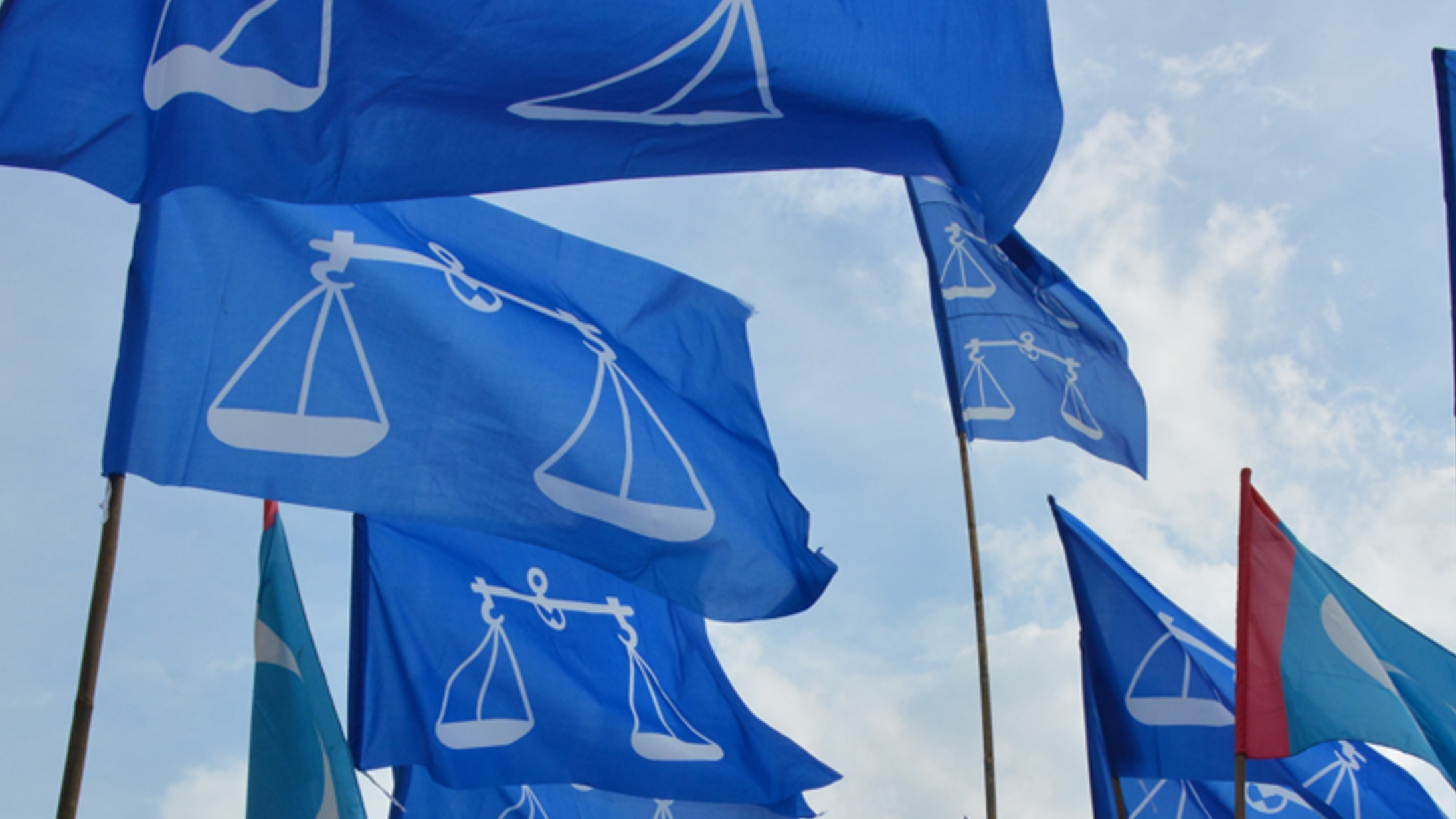The first and last time I voted in a Malaysian election was in May 2013. I took the train from my college in downstate New York to the Malaysian Consulate in New York City, both to vote and to act as an election observer. I was among the first Malaysians abroad allowed to vote, which made it all the more momentous. Diaspora activists had sued the government for the right to vote from abroad and won, and activists from Bersih, the election reform movement, had advocated for election observers unaffiliated with the government to observe the proceedings.
And so, in 2013, there I was. I carefully marked my ballots for the Opposition candidates, and then I took turns with my fellow Bersih New York observers to oversee the voting process. Barisan Nasional, the ruling coalition, also sent observers, students on government scholarships who glad-handed with the Consulate staff. Finally, at the end of the day, all of us together watched the consular staff seal the ballots in a bag supposedly destined for Malaysia. We hoped our votes would reach our respective constituencies without tampering.
That year, Barisan Nasional maintained its grip on power, though the Opposition made significant gains. Despite the wins, people felt deflated. On Facebook, I wrote, We should be proud of ourselves. These wins are still historic.
Fast forward to 2018, I was in Michigan for grad school. I felt isolated and detached from Malaysian politics; at my university, the Malaysian students preferred organizing “Malaysia Nights” where people ate homemade nasi lemak and shaved ice for cendol and dressed up in kebayas, saris, and cheongsams to sing “Belaian Jiwa” on stage. When I tried to organize a Bersih solidarity rally in 2016, the other Malaysian who had planned it with me overslept. So I ended up alone and shivering in the Michigan spring with my signs in a local park.
I still wanted to vote in the 2018 elections, and I set aside airfare to New York in my meager grad student budget. But the government announced that overseas Malaysians would vote via postal ballots this time, and I gave up. In the past, postal ballots, which the armed forces and police use to vote, were notoriously used to shore up Barisan Nasional results. I was sure overseas postal votes would be similarly tampered with.
When the government announced May 9, a Wednesday, as polling day; people were furious; the move was seen as a voter suppression tactic (absentee ballots don’t exist in Malaysia). The anger turned to organizing. Malaysians used the hashtag #PulangMengundi or #ReturntoVote on social media to crowdfund money for transportation and organize carpools. I tweeted that I could sponsor two people’s airfare. My offer was quickly accepted and I was overwhelmed with requests. I spent the next week connecting voters with sponsors.
On May 9, I sat in a coffee shop trying to work on job applications, but all I could do was refresh the election results. Every time I refreshed the website, the Opposition was winning more and more seats. I think we just might do it, I texted a friend. Finally early in the morning on May 10 Malaysia time, the Election Commission announced that Barisan Nasional had lost an election for the first time in 61 years. I didn’t vote, but I sure as hell played a part. And I was proud.
 Deborah Germaine Augustin
Deborah Germaine AugustinDeborah Germaine Augustin, Election Day





